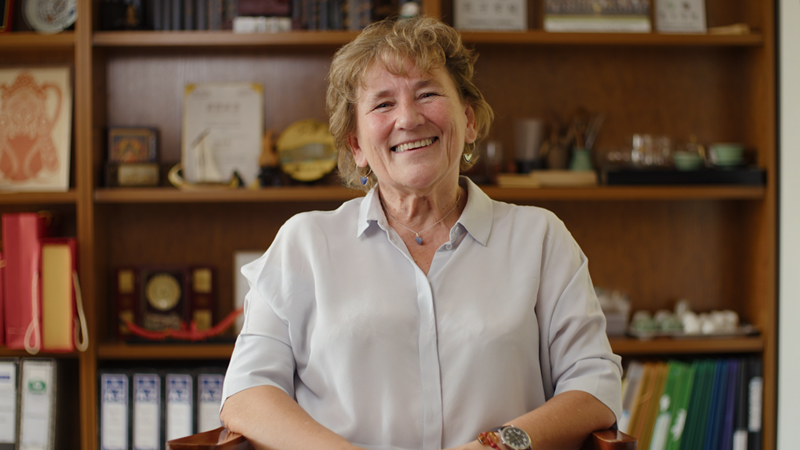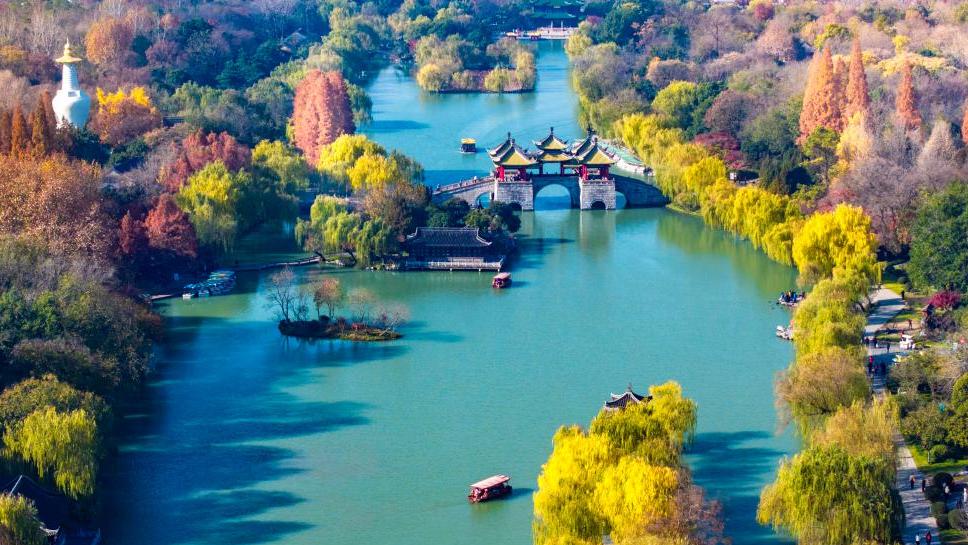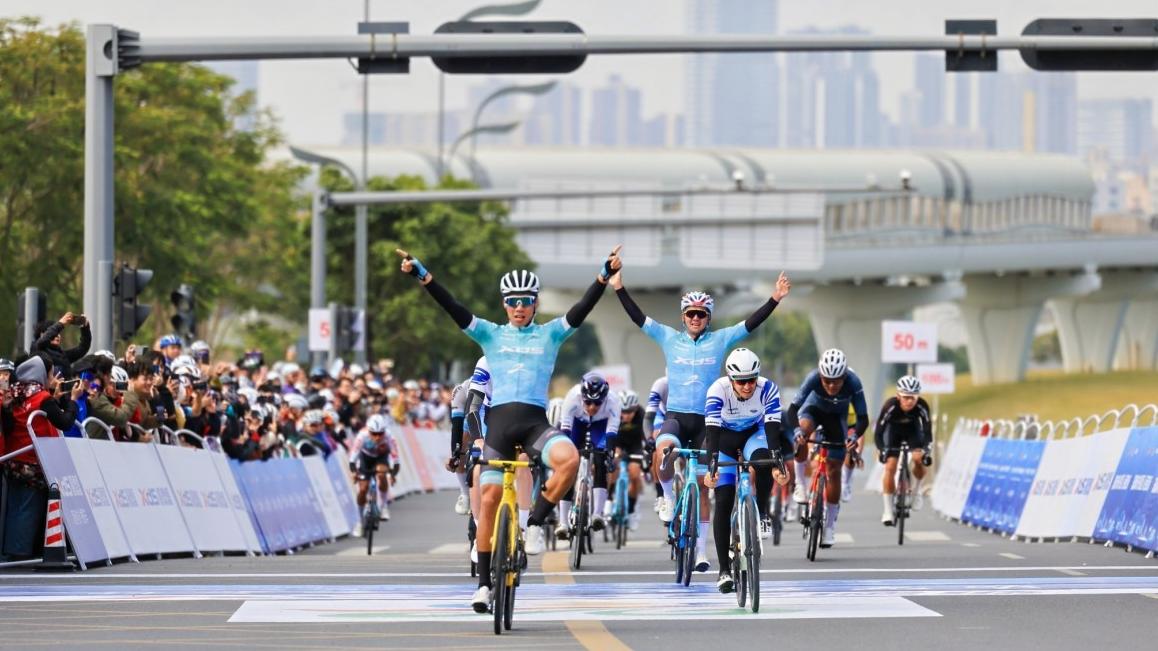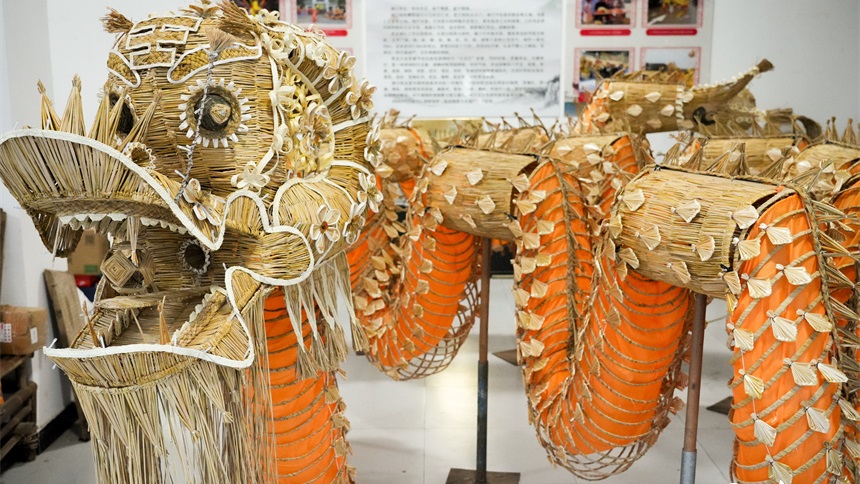Alicia Relinque Eleta: Translation connects people
Granada, nestled at the foot of the Sierra Nevada mountains in southern Spain, is a city rich with history, culture, and Moorish charm. At the University of Granada, People's Daily Online met Professor Alicia Relinque Eleta, who is specialised in the field of classical Chinese literature and language. Relinque spoke passionately about her love for classical Chinese plays and shared that she is currently working on a translation of "Chu Ci", a classical anthology attributed to Qu Yuan.
As an expert in classical Chinese, Relinque has translated many Chinese plays from the Yuan and Ming Dynasty, including "Romance of the Western Chamber", "The Injustice to Dou E", and "The Orphan of Zhao". Relinque also translated "The Peony Pavilion", one of the most renowned works of Tang Xianzu. "Tang Xianzu is my favourite Chinese playwright," she said. "He has a way of expressing profound ideas in very few characters. His work is intelligent, deep, and also very humorous."

Alicia Relinque Eleta (Photo/Patrick Shead-Simmonds)
Relinque noted that there are intriguing similarities between 16th-century Chinese and Spanish plays. In "The Peony Pavilion", for instance, Tang Xianzu uses a poem to describe a hunchback, humorously comparing his back to a mountain and his chest to a valley. "It's funny and rhythmic," she said. Similarly, a celebrated Spanish writer of the 16th century described a character's large nose as a mountain on his face, revealing a shared appreciation for vivid and playful imagery.
Two of Relinque's translations have been adapted for the stage so far. Notably, "The Orphan of Zhao" received numerous awards. "A prominent theatre group in the Catalan region contacted me, requesting permission to translate the play into Catalan. It was wonderful—the tickets sold out, and "The Orphan of Zhao" received extensive coverage in the press," she shared.
For Relinque, experiencing China firsthand is essential to her translation work. "Some translators may believe that working with Chinese classics doesn’t require experiencing modern China, but I personally disagree. Culture is everywhere—in the way we move, in the scents of Beijing when I arrive at the airport. These are things you can't find in books. In fact, nearly 40 percent of language is non-verbal; it's movement, it's gesture. As a translator, you have to live, connect with people, and engage in cultural exchange. My first visit to China was in 1985, and I returned every year until the pandemic. During the three years of COVID-19, I felt as if I couldn’t breathe, as if something essential was missing."
Relinque believes that translators are cultural bridges. "Whether you're translating Chinese, Spanish, French, or English, being a translator is a mental journey—constantly moving between worlds. When I translate, I'm not only learning from Chinese; I'm also discovering new aspects of Spanish. Translation enriches the dimensions of my life."
(Web editor: Hongyu, Wu Chengliang)










